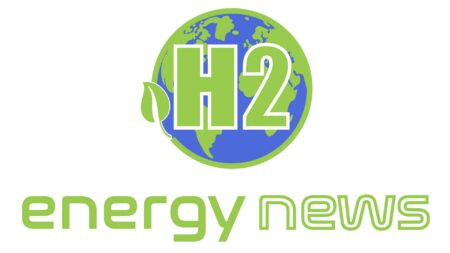Edmonton International Airport (YEG) is taking a significant step towards reducing carbon emissions and achieving its net-zero goal by 2040 through a groundbreaking partnership with Toyota Canada.
Browsing: Aviation
German Aerospace Center (DLR) and General Electric Aerospace (GE) have conducted extensive research on the combustion of 100 percent hydrogen under realistic aircraft engine operating conditions.
Hamburg Airport, with the support of EU funding, is embarking on an ambitious project to establish itself as a hub for hydrogen planes in the Baltic Sea region.
The Airport Cooperative Research Programme (ACRP) has released a comprehensive report titled “Preparing Your Airport for Electric Aircraft and Hydrogen Technologies.”
American Airlines and its cargo division have set their sights on achieving zero-emission operations by 2050 through the development of hydrogen and Sustainable Aviation Fuel (SAF) technologies.
Fortescue Future Industries (FFI), the green energy arm of Australian iron ore producer Fortescue Metals, and Channel Infrastructure (formerly known as Refining NZ), have started a pre-feasibility study to explore the possibility of a 300MW plant that produces synthetic sustainable aviation fuel (eSAF) using green hydrogen.
Uniper and Sasol ecoFT are marching ahead in their joint venture to produce sustainable aviation fuel (SAF) using biomass and renewable hydrogen, dubbed SkyFuelH2.
Universal Hydrogen, the pioneering company in achieving true-zero emission aviation through renewable hydrogen, has selected the Mojave Air & Space Port as its new flight test centre.
In an exciting development, Deutsche Aircraft is set to convert a D328 aircraft into a flying test laboratory for hydrogen propulsion as part of the German Government-funded UpLift project.
ZeroAvia, a leader in hydrogen-electric aviation, has announced a significant development in its journey towards zero-emission regional aircraft.



